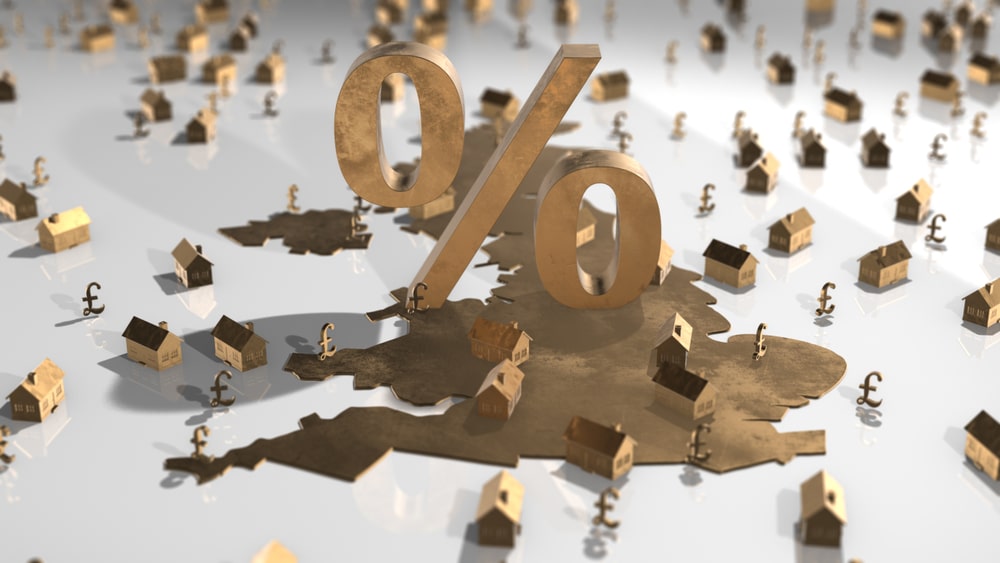Sectors - Business
House Prices Rise in July

House prices rose once again in July; however, there was slower annual growth, which points to a cooling market.
Looking at regions throughout the UK, many saw annual house price growth slow in July, reflecting a wider national picture; however, this was not the case everywhere.
In Wales and the North of England, the North West and Yorkshire & Humberside in particular continue to lead the way, posting the strongest annual rates when it came to house price inflation; while the South West recorded a double-digit year-on-year rise.
Most notably, the 13.8% annual increase in house prices in Wales was the strongest growth recorded since March 2005, while Yorkshire saw an 11% gain – its highest in more than 16 years.
London also continued to lag behind all regions when it came to annual inflation (+2.5%), while gains in the South East and East of England still remain among the lowest in the whole of the UK.
Russell Galley, Managing Director, Halifax, said: “House prices rose by 0.4% in July to add £1,122 to the cost of the average property, pulling back some of the ground lost during June (-0.6%, -£1,543). Annual price growth fell to +7.6%, its lowest level since March.
“This easing was somewhat expected given the strength of price inflation seen last summer, as the market began its recovery from the first lockdown, and with activity supported by the start of the stamp duty holiday. In cash terms, typical prices now stand at just over £261,000, a little below May’s peak but still more than £18,500 higher than a year ago.
“Recent months have been characterised by historically high volumes of buyer activity, with June the busiest month for mortgage completions since 2008. This has been fueled both by the ‘race for space’ and the time-limited stamp duty break. With the latter now entering its final stages (the zero per cent rate only applies to the first £250,000 of the purchase price, before reverting back to standard rates from October), buyer activity should continue to ease over the coming months, and a steadier period for the market may lie ahead.
“Latest industry figures show instructions for sale are falling and estate agents are experiencing a drop in their available stock. This general lack of supply should help to support prices in the near term, as will the exceptionally low cost of borrowing and continued strong customer demand.
“Although there remains some uncertainty over the impact on employment from the unwinding of government support schemes, on balance the risks to the macro-environment are receding, with consumer confidence improving, the labour market recovering, and the economy expanding as restrictions are lifted. Overall, assuming a continuation of recent economic trends, we expect the housing market to remain solid over the next few months, with annual price growth continuing to slow but remaining well into positive territory by the end of the year.”
If you would like to read more stories like this, then please click here
Related Articles
Related Articles
- Planning for the Future of Aggregate Logistics
8 Dec 21
As the UK takes its first steps to recovery from the pandemic, construction activity is
- How Can SME Developers Gain a Competitive Edge in the Market?
18 Nov 21
SME developers are not on top today. 40 years ago, 2 out of every 5
- House Prices Rise Again in September
18 Nov 21
Average house prices in the UK increased by 11.8% over the year to September 2021,





